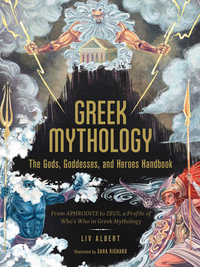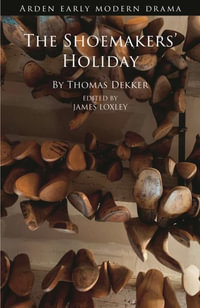This collection is the first book-length scholarly study of the pervasiveness and significance of Roxolana in the European imagination. Roxolana, or "Hurrem Sultan," was a sixteenth-century Ukrainian woman who made an unprecedented career from harem slave and concubine to legal wife and advisor of the Ottoman Sultan Suleiman the Magnificent (1520-1566). Her influence on Ottoman affairs generated legends in many a European country. The essays gathered here represent an interdisciplinary survey of her legacy; the contributors view Roxolana as a transnational figure that reflected the shifting European attitudes towards "the Other," and they investigate her image in a wide variety of sources, ranging from early modern historical chronicles, dramas and travel writings, to twentieth-century historical novels and plays. Also included are six European source texts featuring Roxolana, here translated into modern English for the first time. Importantly, this collection examines Roxolana from both Western and Eastern European perspectives; source material is taken from England, Italy, France, Spain, Germany, Turkey, Poland, and Ukraine. The volume is an important contribution to the study of early modern transnationalism, cross-cultural exchange, and notions of identity, the Self, and the Other.
Industry Reviews
'The essays, and the translated texts on which they depend, enrich our reading experience of a number of European literary texts that would not have gone beyond a local significance had they only had a bond with the society from which they sprang. It could also be added that Roxolana herself becomes a cosmopolitan character through being rescued, by means of this volume, from her Turkish harem and being connected with major European literature.' Modern Language Review 'Galina Yermolenko's elegant, comprehensive, and well-balanced edited volume takes as its focus Roxolana, one of the most significant figures at the court of Sultan Suleiman the Magnificent, and traces European and Turkish reactions to their images of her from the 1530s to the present day. ... This book is a strong contribution to European cultural history and will be of use to anyone interested in the shifting attitudes toward powerful women over the last four hundred years.' Russian Review 'Roxolana in European Literature, History and Culture is a valuable contribution not only to our understanding of the ways in which early curiosity in Roxolana manifested itself but also how it changed over time across Europe.' Renaissance Studies
























